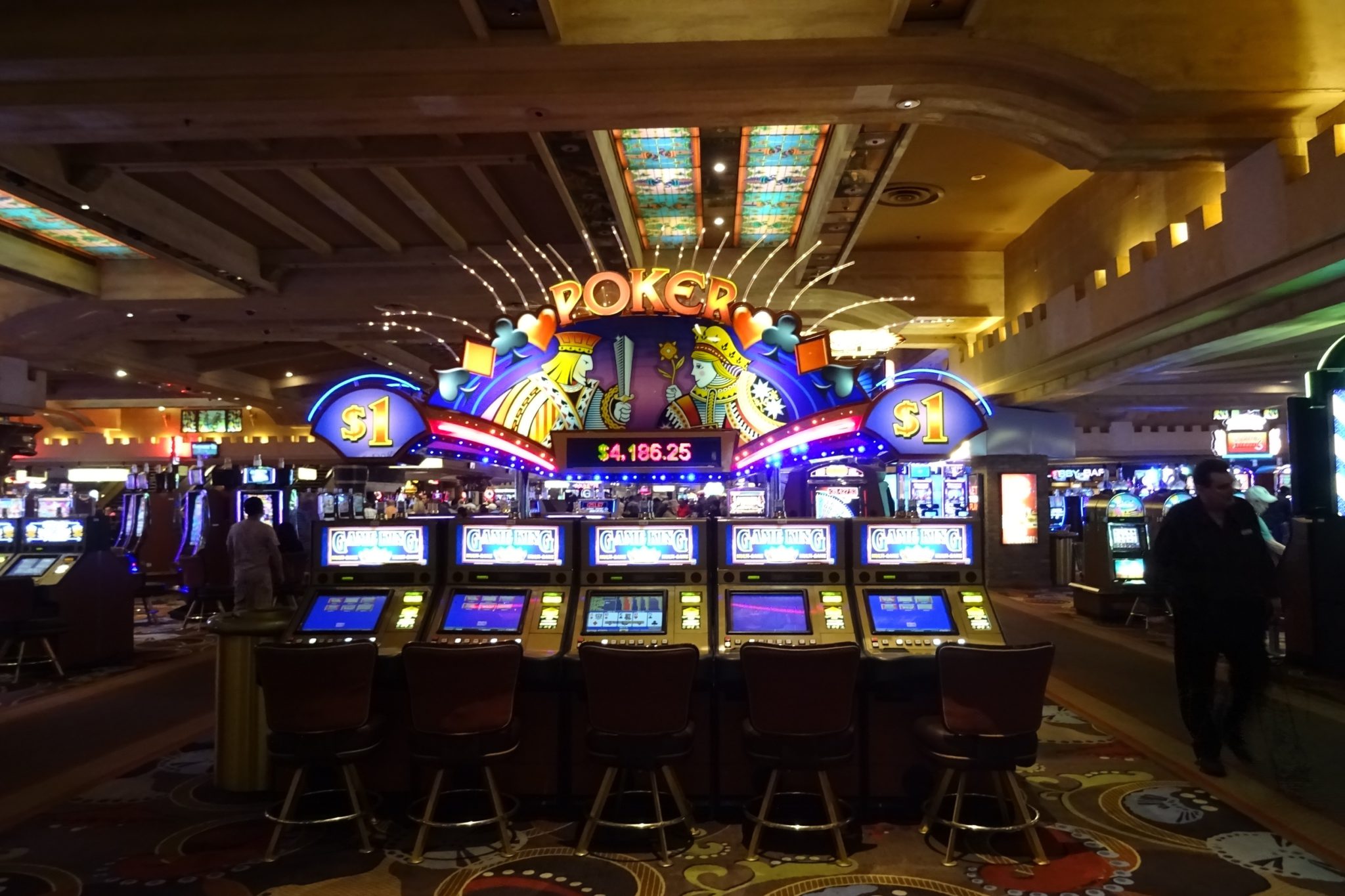
Casino games have long been a engaging entertainment option, drawing numerous of players from different cultures around the globe. From the glitzy casinos of the Strip to the busy gambling halls of Macau, these games serve as a common thread that unites people across different backgrounds. The allure of luck, skill, and risk entices not only those seeking to win money but also those seeking a feeling of belonging.
The cultural impact of casino games extends far beyond the gaming floor. They often reflect the cultural standards and beliefs of the cultures in which they prosper. Games such as Texas hold ’em, pontoon, and the spinning wheel have integrated into the mosaic of popular culture, influencing everything from films to clothing. As we explore this fascinating intersection of gambling and life, we can gain insights into how casino games shape and are influenced by the world around us.
Historical Progression of Gaming Activities
The roots of gaming activities can be tracked back to old cultures, where betting in different forms was widely engaged in. In China, around two thousand three hundred years before Christ, a form of lottery known as Keno was popular, while in historic the Roman Empire, soldiers would frequently gamble on the results of their games. The idea of using chance for fun and income evolved over the years, leading to the formation of more organized games. By the end of the Middle Ages, gambling houses initiated to emerge in European nations, especially in the Italian peninsula, which presented early versions of popular activities still practiced today.
As gambling gained recognition in the continent, the 17th and 18th centuries saw the rise of casinos as dedicated establishments for gambling. The initial official gaming venue, the Ridotto, was set up in Venice in sixteen thirty-eight, featuring games like Baccarat games and Faro games. This time marked a major turning point, as casinos started to attract not just the elite but also the expanding middle-income class. The complexity of games evolved, leading to the introduction of new rules and variations that improved the gaming experience.
In the 19th century, the era of industrialization and changes in societal standards additionally altered the environment of casino games. The launch of the game of roulette and new slot machines attracted a larger audience, and casinos became seen as legitimate recreation. This period witnessed the worldwide proliferation of gaming, as casinos spread from the continent to the New World, culminating in the creation of the legendary Strip of Las Vegas in the 1900s. 8KBET The progress of casino games has progressed into the modern era, including technology and online platforms, allowing them open to a global market.
# Cultural Significance within Diverse Cultures
Casino games have deep-rooted social importance across a multitude of societies across the globe. Places like Las Vegas, the very essence of the urban landscape is woven around gaming venues, where playing is not just a recreational activity but a central aspect of leisure and social interaction. The vivid lights and lively atmosphere attract a vast audience, showcasing how games of chance can influence local financial landscapes and local cultures. This environment transforms the notion of relaxation into an immersive experience that shapes fashion, sound, and even movies.
Conversely, some cultures view wagering with greater care, seeing it through the lens of ethical considerations and tradition. For instance, in many Asian communities, games like Mahjong and Pai Gow Gambling are rich with history and carry significant social meanings. These games are often played during get-togethers and festivities, fostering social ties and solidifying family ties. The act of participating in these games goes above mere entertainment, reflecting values such as deference to seniors and the importance of communal fun.
At the same time, in continental countries such as Monaco and Italy, gambling activities serve as symbols of luxury and sophistication. The stylish atmosphere of these venues attracts both visitors and residents, maintaining a sense of prestige and elitism. The art of poker and the strategic elements of games like baccarat are appreciated, influencing social dynamics and creating an appeal that enthralls a diverse audience. This underscores how games of chance can simultaneously mirror and mold cultural perspectives towards risk, reward, and community interaction.
Financial Influence and Tourism
Gambling activities play a crucial role in the financial context of many areas, particularly those that rely heavily on visitor traffic. The revenue produced from casino operations fuels local economies, creating employment opportunities not only within the casinos themselves but also in connected industries such as hotel management, dining, and entertainment. This influx of tourists, drawn by the allure of gambling and the overall gaming environment, stimulates expenditure across multiple businesses, contributing to the economic vitality of the area.
The presence of casinos often leads to the development of infrastructure, including lodging, public transit, and leisure amenities. These developments are essential in improving the overall tourist experience, making destinations more appealing to visitors. Additionally, many casinos invest in local communities through support of events and charitable initiatives, further embedding themselves into the community structure of the locality. Such contribution not only supports economic growth but also cultivates a positive image of the casino industry.
Moreover, the global popularity of casino games drives tourism competition, with regions vying to attract players from across the globe. Iconic destinations like Las Vegas and Macau have become identifiable with gambling culture, drawing millions annually. This competitive edge encourages innovation and variety within the gambling sector, influencing developments in entertainment and accommodation that extend beyond their borders. The ripple effects of this visitor influx extend far, impacting local economies and cultural interactions on a global scale.